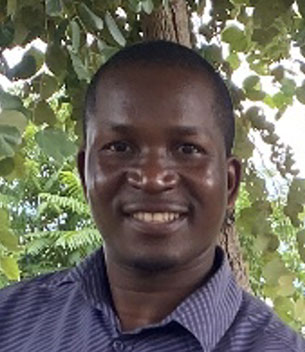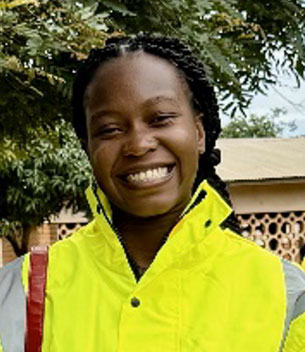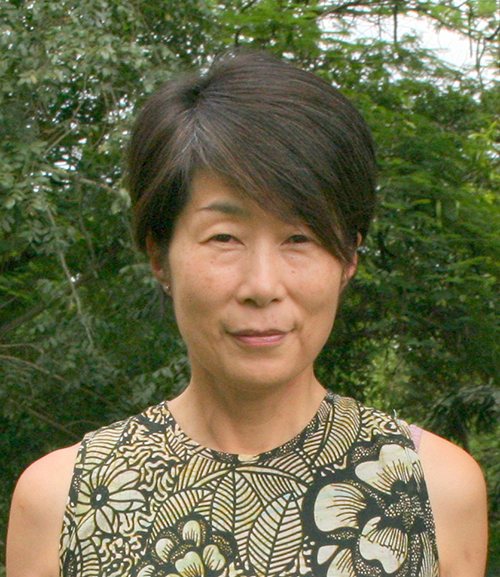


The most exciting part is when I visit a school and get greeted with smiling faces of children who are always eager to be on camera. It is very interesting to collect stories from these children of how our porridge benefits them.
Cheers Seibo.

Stunted growth results from chronic malnutrition, leading to shorter-than-average height. This condition typically arises when a child doesn’t receive adequate nutrition during the first 1,000 days after birth, affecting not just physical but also cognitive development. The impact is lifelong, often influencing academic performance and reducing future earning potential (World Food Programme, 2014).
Around 1 in 5 people globally live on less than $1.90 a day, which the World Bank defines as the international poverty line. This extreme poverty results in limited access to essential food and educational opportunities, creating a humanitarian crisis (World Bank, 2015).
Around the world, one child dies from hunger every five seconds. This staggering statistic amounts to 14,000 child deaths per day. It's a crisis that urgently needs to be addressed as an international priority to alleviate the suffering of children from hunger (Doctors Without Borders, n.d.).
Among Malawian children, 64 out of every 1,000 do not survive to their fifth birthday. The main causes of death include pneumonia, diarrhea, malaria, and complications during the perinatal period, such as premature birth or childbirth complications. Diseases like pneumonia, diarrhea, and malaria, along with malnutrition, are preventable and treatable if detected early and proper medical care is given. Unfortunately, delays in accessing healthcare or inadequate diagnosis and treatment in medical facilities result in many preventable deaths. The loss of children to illnesses that could have been treated is a heartbreaking reality (World Bank, 2015).

